

In Kenya, farmers organize themselves in producer groups since the early 20th century. Around one fifth of the 47 million Kenyans are members in one or more of the around 23,000 co-operatives of the country. Co-operatives in Kenya come in all shapes and sizes ranging from micro Housing co-operatives to large scale savings- and credit unions. Yet the co-operative sector is mainly lacking two factors for far-reaching and sustainable economic success: Innovation and professionalism.
Thus, one focal point of our work is the introduction of new and innovative business ideas to the co-operative world.
DGRV’s project team in Kenya together with local project partners acknowledges the great potential co-operatives have to stabilise the local economy – particularly in locations where self-organisation is often the only way to economic participation. Over the past three years, DGRV Kenya helped to enable representatives of rural co-operatives to establish their own education centres, so called Co-operative Education Training and Information Centres (CETIC), in two regions.
CETICs are independent, member based organizations registered as co-operative unions that provide easy access to co-operative management trainings. Furthermore, they support their members in gaining sufficient professional capacities to be able to transform their co-operatives into viable businesses. Under the guidance of the centre’s staff, the member co-operatives are familiarised with new ideas for co-operative business management.
Recently, the project hosted a „Training of Trainers” that was developed to mentor younger people for enabling them to set-up well prepared co-operative business start-ups. This is especially relevant considering that unemployment of younger Kenyans is one of the big social economic challenges of the country. Further activities will follow with the group so that a new generation of CETIC trainers will gradually be build-up.
Fostering young people to become entrepreneurs is one important pillar in DGRV´s project work in Kenya in order to promote innovation processes in the co-operative sector. Whereas young Kenyans are stuffed with great business ideas and into trend setting all around the country, co-operatives are usually not identified as the type of enterprise of their choice. Keeping this in mind, DGRV´s approach is to couple the need for risk and resource sharing with the desire for economic independence of young people. To harness this potential, DGRV Kenya, alongside with its local project partners, will strongly promote co-operatives in the next three years to be acknowledged in new sectors, especially service industries, as an attractive alternative for young people to get into business
Right now, the COVID-19 pandemic is hugely on the rise in Kenya. Naturally, the project work is impacted as well due to much reduced capacities in partner institutions but also for the sake of health and safety of staff members and project partners.
From the beginning of DGRV’s interventions in Kenya, the Co-operative University of Kenya (CUK) is one of our main national project partners. The University had to close both its campus sites since Covid-19 was reported in Kenya (March 2020). While the operations are still on hold, CUK currently implements a health and safety concept to allow students to take up their studies again in a safe environment by September 2020. In this regard, DGRV assisted CUK to equip their main campus with „Social distance reminders“ which were designed to demonstrate the need for keeping distance between one person and another. During that engagement 1200 m of corridor, class rooms, entrances and canteens have been covered with specially produced floor stickers to contribute to CUK’s reopening preparation later this year.
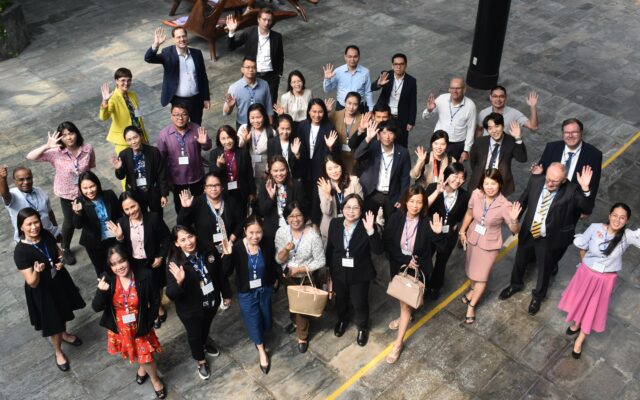
A new partnership between DGRV and the Cooperative Development Authority (CDA) in the Philippines is enhancing regulatory oversight and stability within the cooperative sector.
More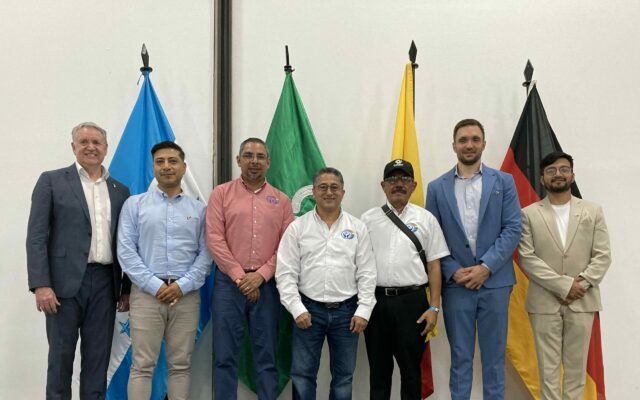
DGRV’s project in Honduras focuses on strengthening the cooperative financial sector, particularly in rural areas, and improving access to financial products and services. The initiative also aims to enhance resilience to climate change and promote the efficient use of natural resources, fostering sustainable and inclusive economic growth.
More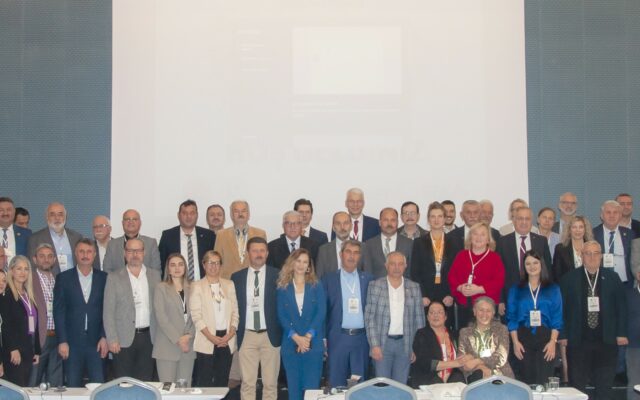
The 8-year long TAKBİ project within the framework of the Turkish and German association cooperation, revitalized Turkish agricultural cooperatives by surmounting challenges, elevating organizational structures, improving service quality, and fostering member satisfaction, leaving a lasting positive impact on the cooperative landscape in Turkey.
More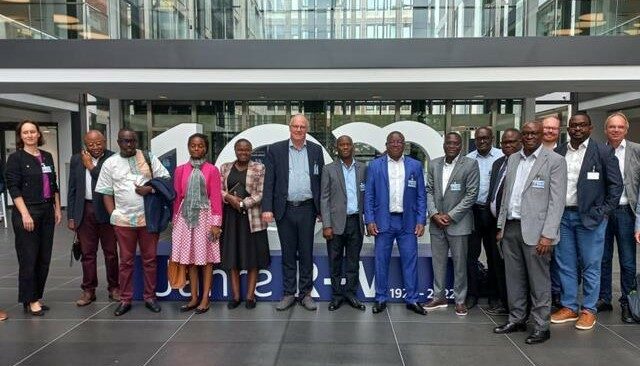
Financial experts from Benin, Cameroon, and Uganda embarked on a journey to Germany to explore the essence of cooperative principles, forging a vision for a resilient banking sector that transcends borders and fosters economic and social progress in African communities.
More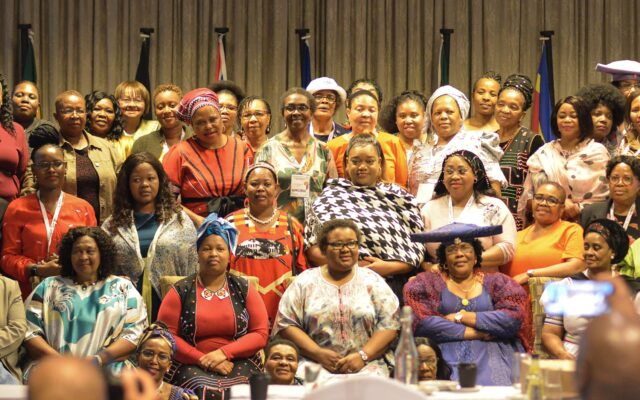
In an extraordinary gathering, female traditional leaders from Southern Africa converged to harmonize the concepts of Ubuntu and cooperative principles, setting a visionary path for community development.
More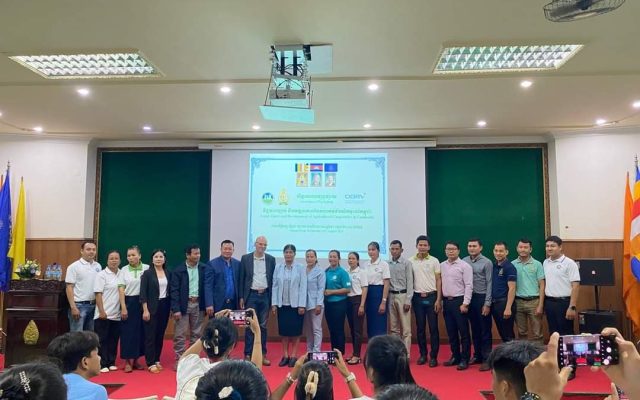
Empowering Cambodia's agricultural cooperatives through dynamic seminars: DGRV and AERD/RUA collaborate to drive leadership, professionalism, and sustainable growth.
More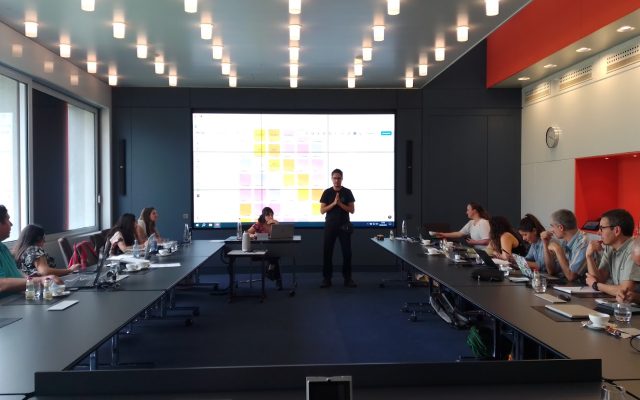
In June, eight Chilean organizations participated in an Exposure Visit to learn from the experience of Energy Cooperatives in Germany
More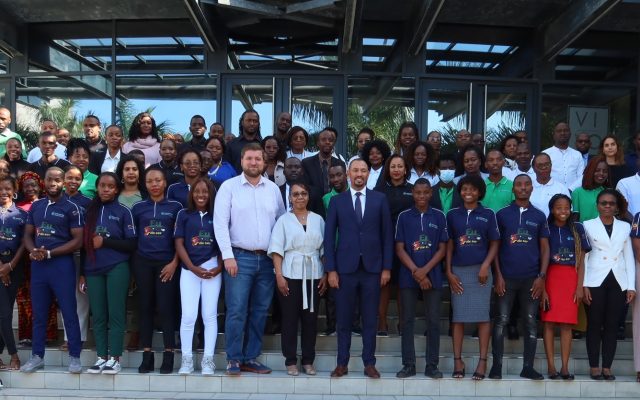
Empowering Mozambican youth through cooperative entrepreneurship to tackle unemployment and promote economic growth.
More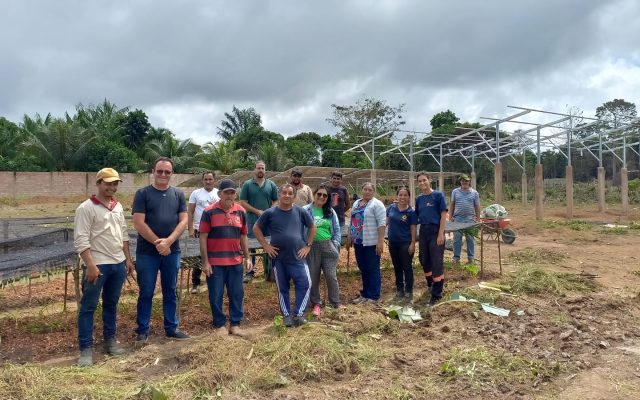
Helping the cooperative CCampo Alimentos to implement an Agrivoltaic pilot project in Brazil
More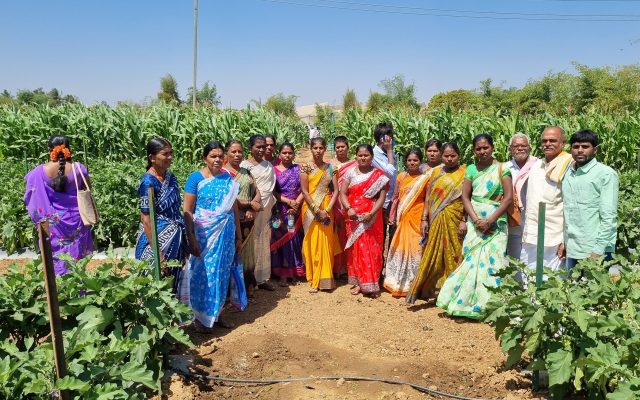
Adaptation measures to climate change in rural areas in India
More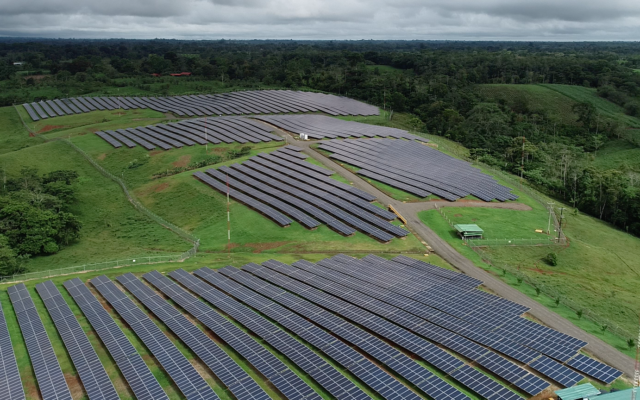
Renewable Energy in Costa Rica generated by cooperatives.
More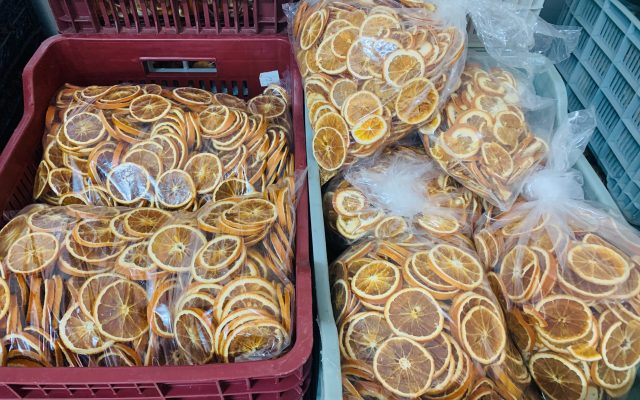
Food Processing with a Regional Federation
More
Digitisation of Primary Co-operatives in eSwatini
More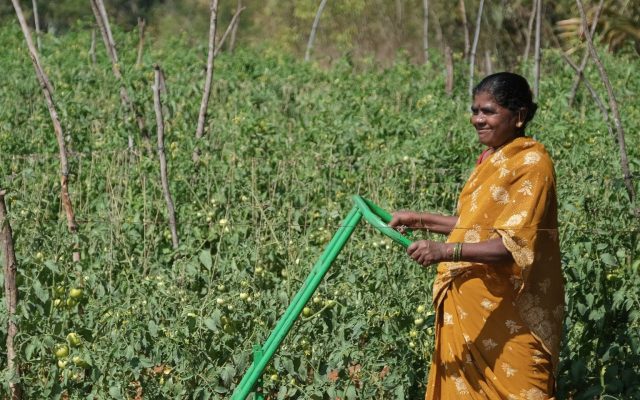
A central solution that enables members to make daily agricultural necessities available promptly and financially affordable
More
The creation of Community Distributed Generation Cooperatives in Chile.
More
Textile cooperative in Tunisia
More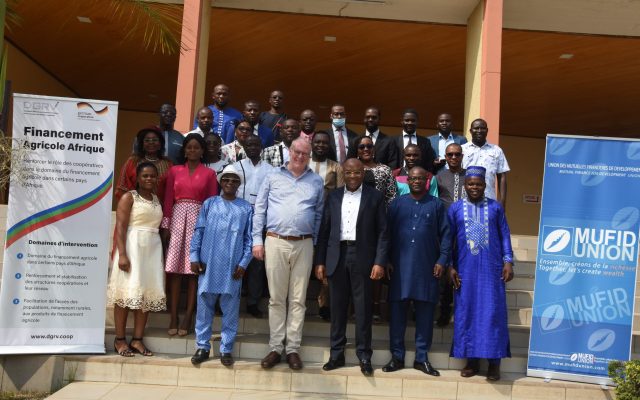
Facilitating access to quality agricultural finance products in Cameroon
More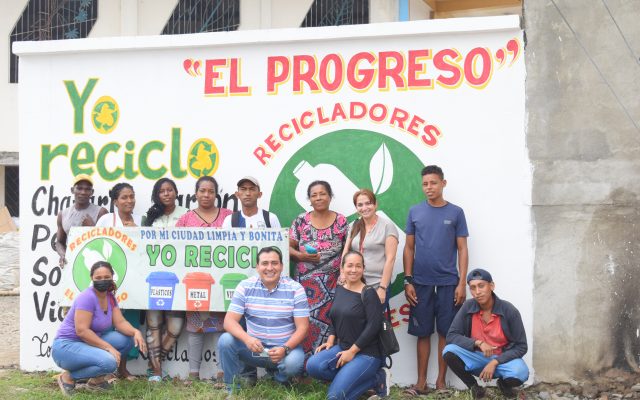
Generating business and commercial connections with the "Networks in Action" project
More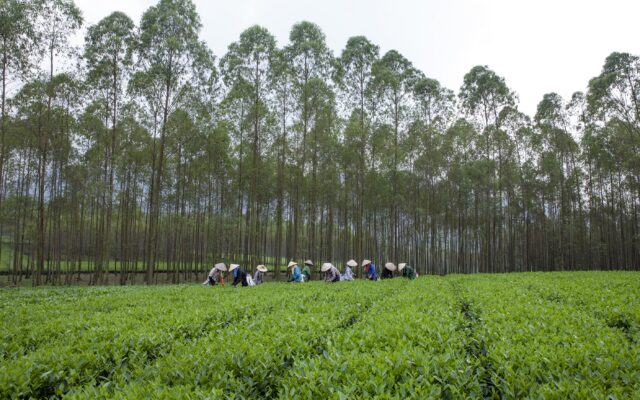
Mid- term courses for cooperative officials in Vietnam
More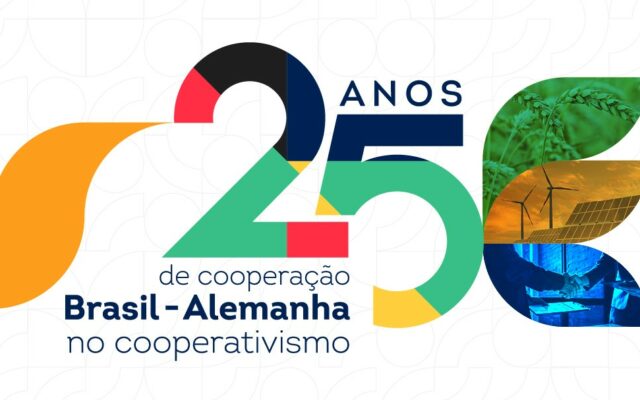
The collaboration between the Brazilian and German cooperative sector
More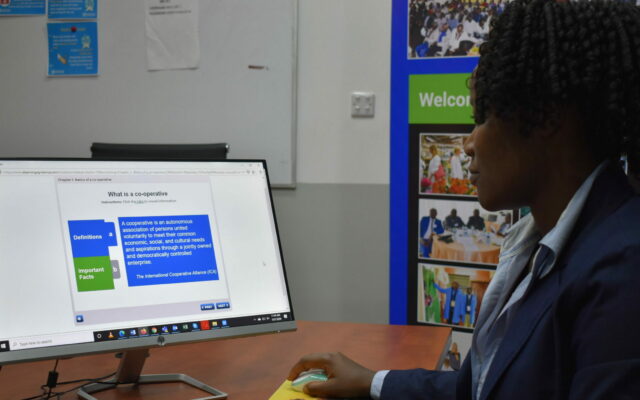
DGRV Kenya supports project partners on their way to adapt to “The new normal” in times of COVID-19
More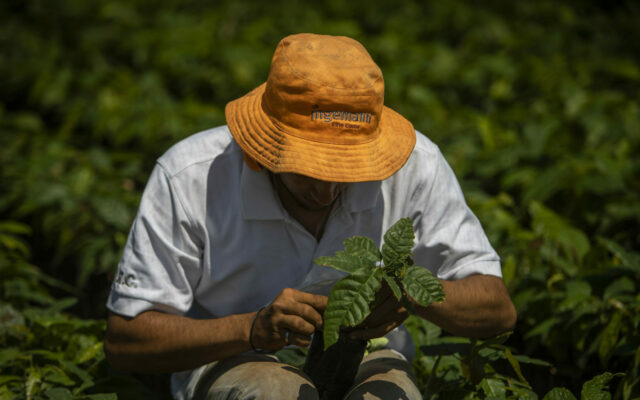
Pablo and his Potatoes
More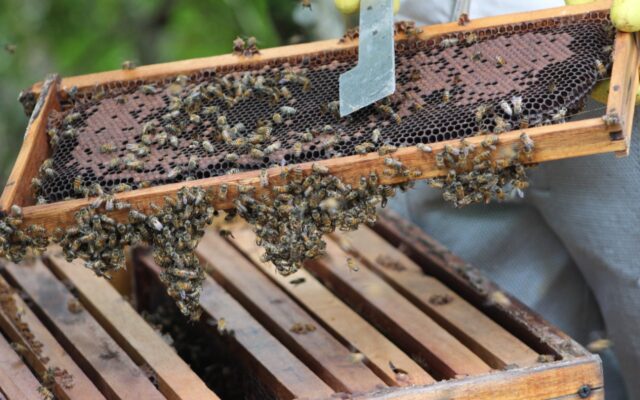
Strengthening small rural producer organizations in Colombia
More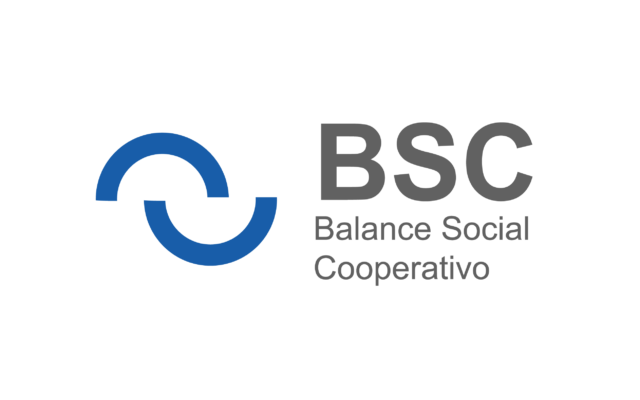
Cooperative Social Responsibility in Honduras
More